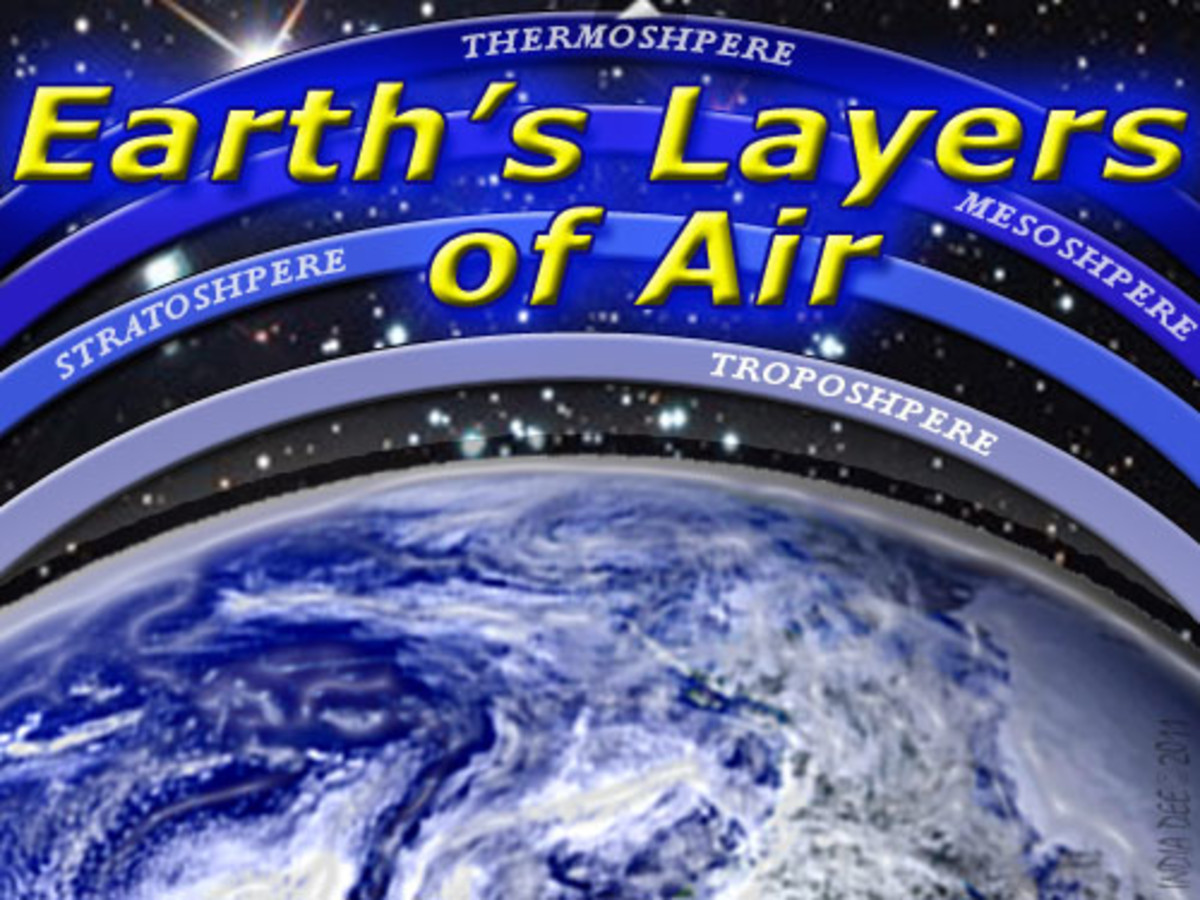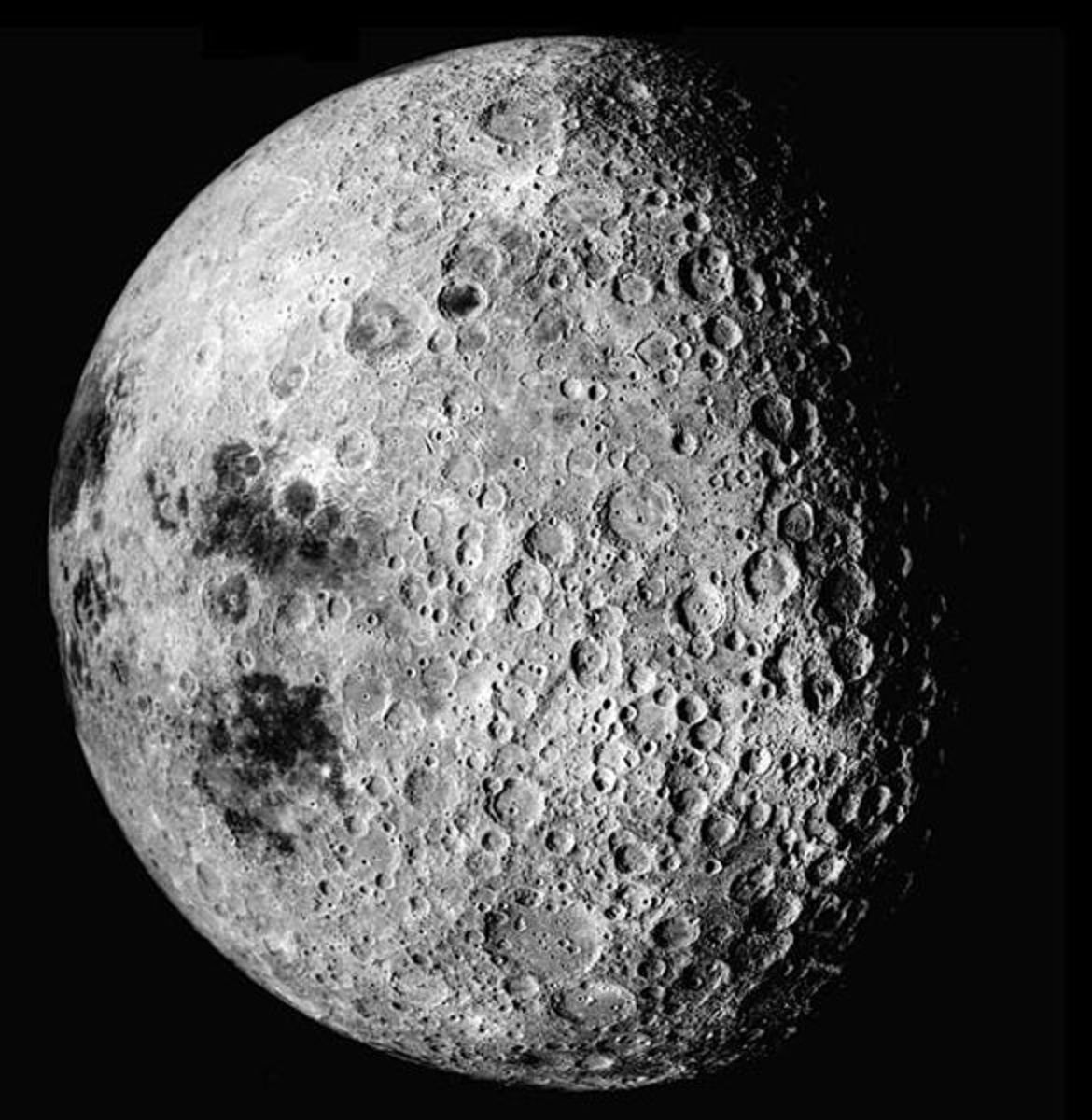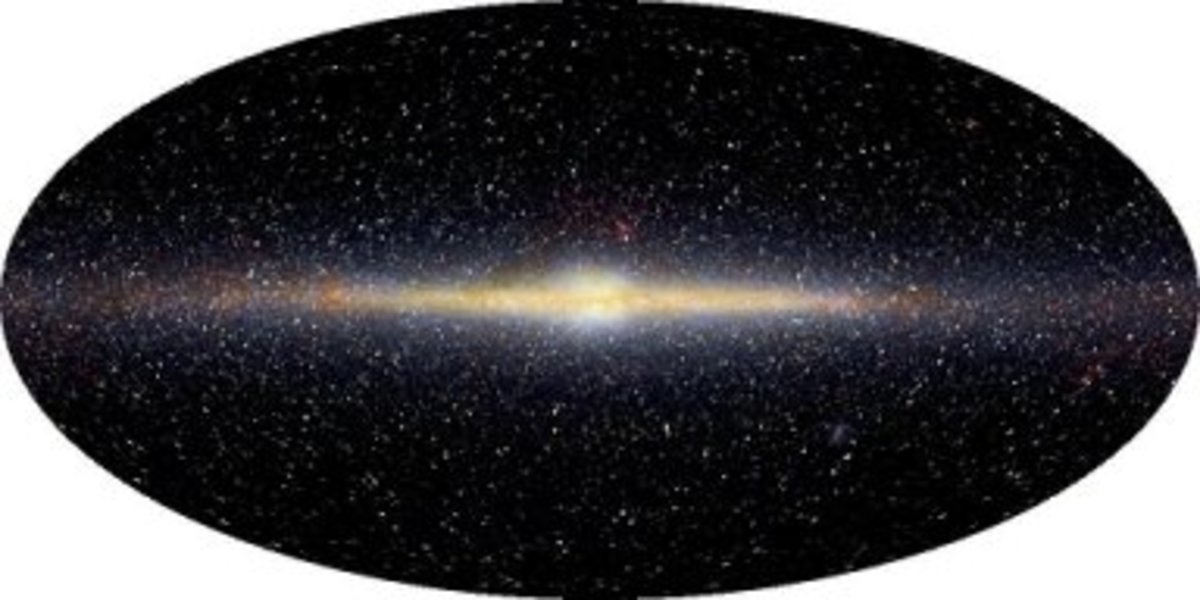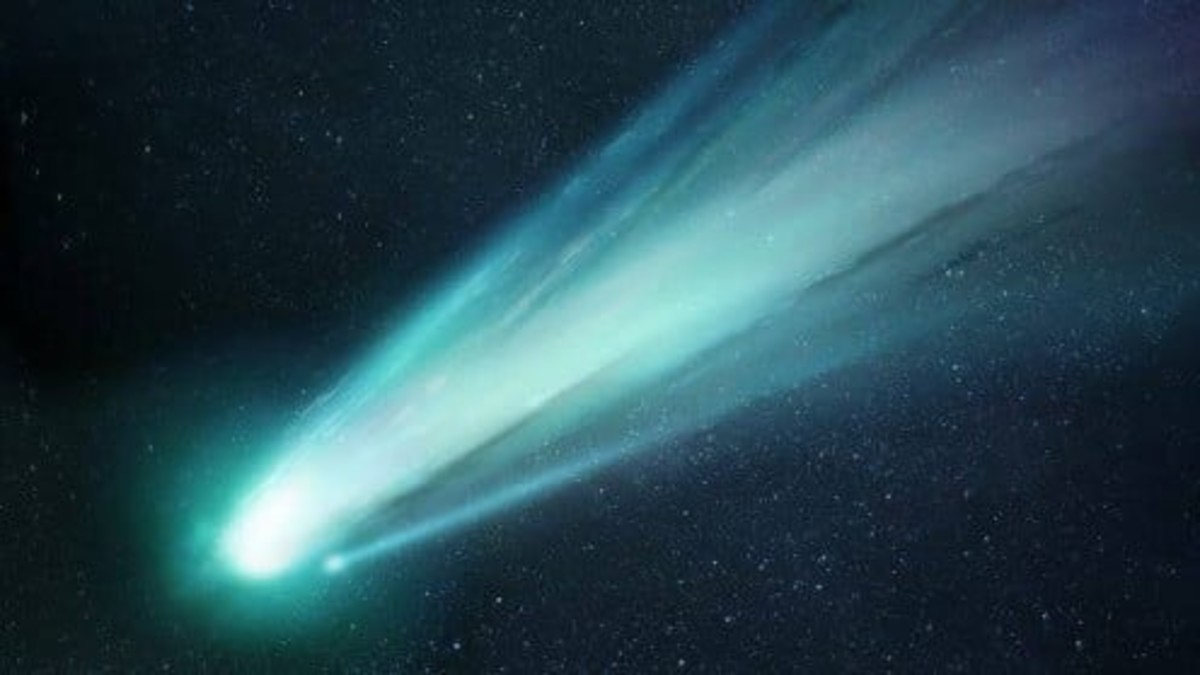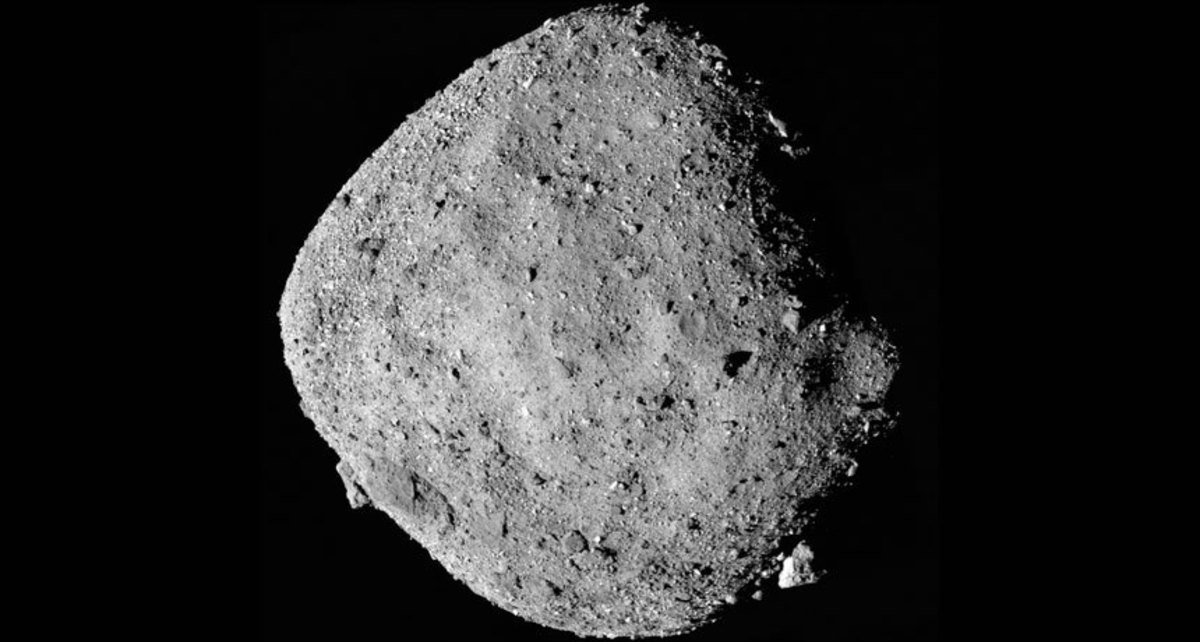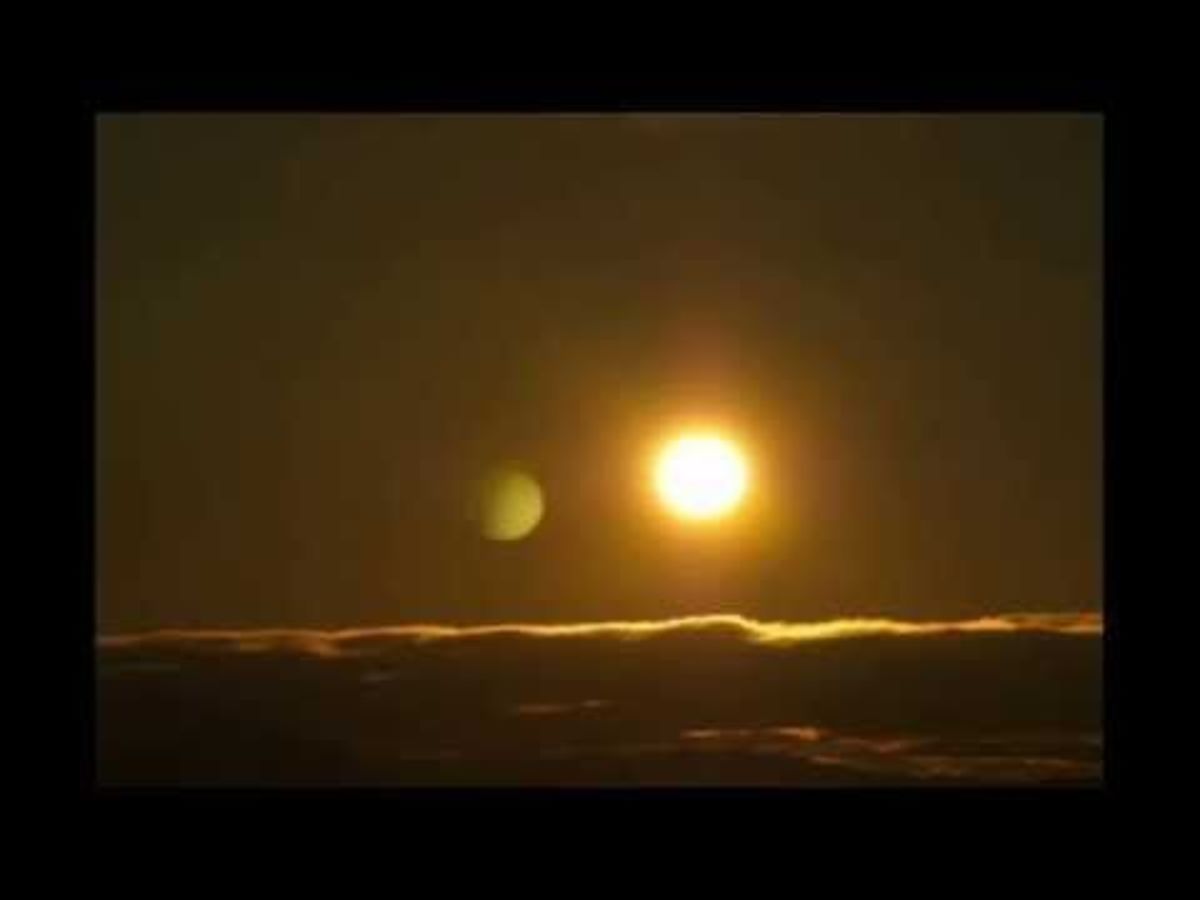Meteor Showers: Astronomy's Fireworks
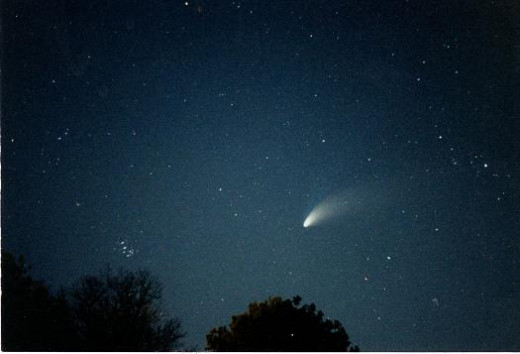
By Joan Whetzel
Several times a year the skies produce astronomical fireworks displays known as meteor showers. They occur at different times throughout the year and are generally visible to the naked eye. These events have spawned "star gazing" parties where amateur astronomers come out in droves to spend the with their eyes fixed on the night sky, hoping to glimpse a few of these heavenly pyrotechnics.
What Are Meteors?
Meteors are basically space rocks that enter Earth's atmosphere. As they enter the Earth's atmosphere, the resistance (drag, friction) heats them up until they glow. The glowing tail left in the meteor's wake has led to meteors being called "shooting stars."
What Is the Difference Between Meteors, Meteorites, and Meteoroids?
Meteors and meteoroids are, in essence, the same thing. They are fragments of asteroids or comets that have been blasted almost to smithereens by collisions in space. Meteorites are the bits and pieces of somewhat larger meteors (a.k.a. meteoroids) that have reached the Earth's surface after they have entered the Earth's atmosphere.
What Is a Meteor Shower?
Meteor showers consist of bright streaks appearing in the night sky. The brightness of the streak is produced when a meteoroid is heated by friction as it passes through the Earth's atmosphere, which causes it to glow. When several meteors enter the atmosphere in a single event, they create an atmospheric phenomenon known as a meteor shower. If a meteor shower event is unusually intense (producing 1,000 or more meteors per hour), it becomes known as a meteor outburst or a meteor storm.
These meteor showers occur several times a year as the Earth makes its yearly pass around the Sun. As the Earth orbits the Sun, it passes through several meteor (comet debris) fields, which are all named for the constellation that they appear to emanate from. (They don't actually come from these constellations, it just looks like it from Earth.) As the Earth passes through these debris fields, some of the meteors are pulled into the atmosphere by Earth's gravitational pull. The meteors burn up in the atmosphere, leaving little behind except the occasional meteorites strewn across the ground near where it entered the atmosphere.
How Often Do Meteor Showers Occur?
Meteor showers can occur up to 21 times a year. There are six periods of major meteor shower known as the Quadratids (Jan. 2 to 4), the Lyrids (Apr. 21 to 22), the Perseids (Aug. 12 to13), the Orionids (Oct. 21 to 22), the Leonids (Nov. 17 to 18), and the Geminids (Dec. 13 to 14). These six annual meteor shower events produce the most spectacular displays, and the greatest likelihood of spotting a few shooting stars. There are several lesser meteor showers scattered throughout the year and a few are considered periodic, meaning that they produce meteor shower on some years, but not others. So, they're basically hit or miss.

The Perseids, in mid-August, is the most visible meteor shower, averaging one meteor, shooting star, per minute. Checkout this meteor calculator from NASA, which helps calculate the number of visible meteors per hour, depending on the observer's location: http://leonid.arc.nasa.gov/estimator.html
The Leonids, in mid-November, produces a meteor storm approximately every 33 years. There are exceptions to this rule, however. For instance, there was a Leonid meteor storm in 1966 amd 1999, then 2 meteor storms occurred in 2001 and again in 2002.
Meteor Shower Observation Tips
1. The sky must be dark. Meteors are only visible if the sky is dark, so to view them, observers must be in a place where there are no city lights polluting the night sky and on an evening when the moon is not out. Nights when a full moon is out will brighten the night sky enough to make viewing meteor showers difficult to impossible.
2. Know the dates and times. Check NASA or any astronomy website and an almanac to be certain of dates when the meteor showers will occur and the times when the showers should be most visible.
3. Observation Necessities. No visual equipment (telescopes or binoculars) are necessary as the meteor showers are visible to the naked eye. Cameras are great for those wishing to attempt catching still photos or videos of shooting stars. Otherwise, observers only need a dark sky and any clothing and any other items that will keep them comfortable during the night, depending on the time of year and season when the viewing will be done.
4. A healthy supply of patience. Though astronomers have attempted to publish exact predictions of the dates and times when meteor showers are expected - based on past experience and collected data - meteor showers tend to have a mind of their own. The safest bet, is to go outside on the suggested dates and times and be patient.
Resources
American Heritage Dictionary.
Merriam Webster Dictionary.
http://www.merriam-webster.com/
Wikipedia. Meteor Shower.
http://en.wikipedia.org/wiki/Meteor_showers
American Meteor Society. Meteor FAQs.
http://www.amsmeteors.org/meteor-showers/meteor-faq/
NASA Space Place. Meteor Shower!
http://spaceplace.nasa.gov/meteor-shower/en/
NASA. 2010 Major Meteor Showers.
http://www.nasa.gov/topics/solarsystem/features/neo20100407b.html
Earth Sky. Earth Sky's Meteor Shower Guide for 2012.
http://earthsky.org/astronomy-essentials/earthskys-meteor-shower-guide


